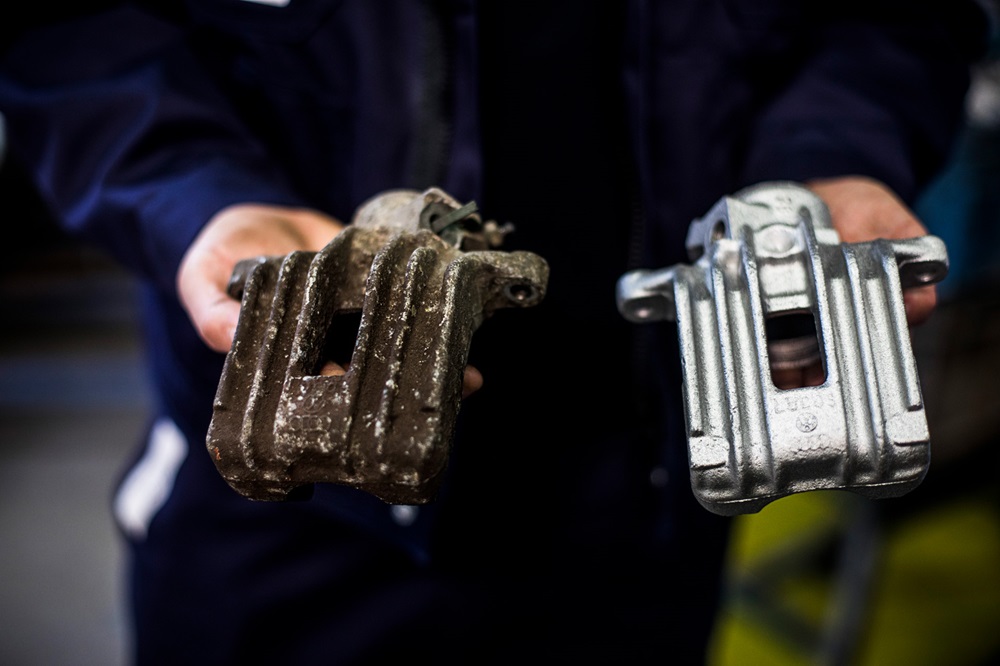Zeiss is entering into a co-operative project with Borg Automotive, an independent remanufacturer of automotive parts. Researchers at the Zeiss Innovation Hub @ KIT will be working closely with Borg Automotive developers and production engineers on the project over the next 12 months. The project will focus on researching and implementing new visual and automated solutions for modern remanufacturing processes that enable an even better component quality, performance and service life.
By remanufacturing used components it is possible to reduce waste and, at the same time, cut the resources and emissions required to manufacture new components.
“After remanufacturing, used parts have the same functionality, safety and reliability as new parts,” says Max Riedel, head of the Zeiss Innovation Hub @ KIT. “We would like to develop processes with Borg Automotive that will allow us to base even more reliable future predictions about the life of remanufactured parts on measurements and models.”
Grzegorz Pawłowski, group technology director at Borg Automotive, adds: “Testing components in the remanufacturing process is one of the most important steps in determining which parts are suitable for reuse: it defines the lifespan and quality of the product. Our ambition is to use automated systems in the processes increase process efficiency and further improve quality standards.”
Circular economy is one of the Zeiss sustainability focus topics. Borg Automotive also bases its business model on the circular economy, in which it is possible to extend the lifecycle of vehicle parts. Borg Automotive has recently had comparative lifecycle assessments performed on its eight product groups. These assessments show a tendency for 60% less CO2eq, 42% less energy (MJ) and 70% lower consumption of natural resources (Sb-eq) compared with newly manufactured products.
For further information www.zeiss.com















